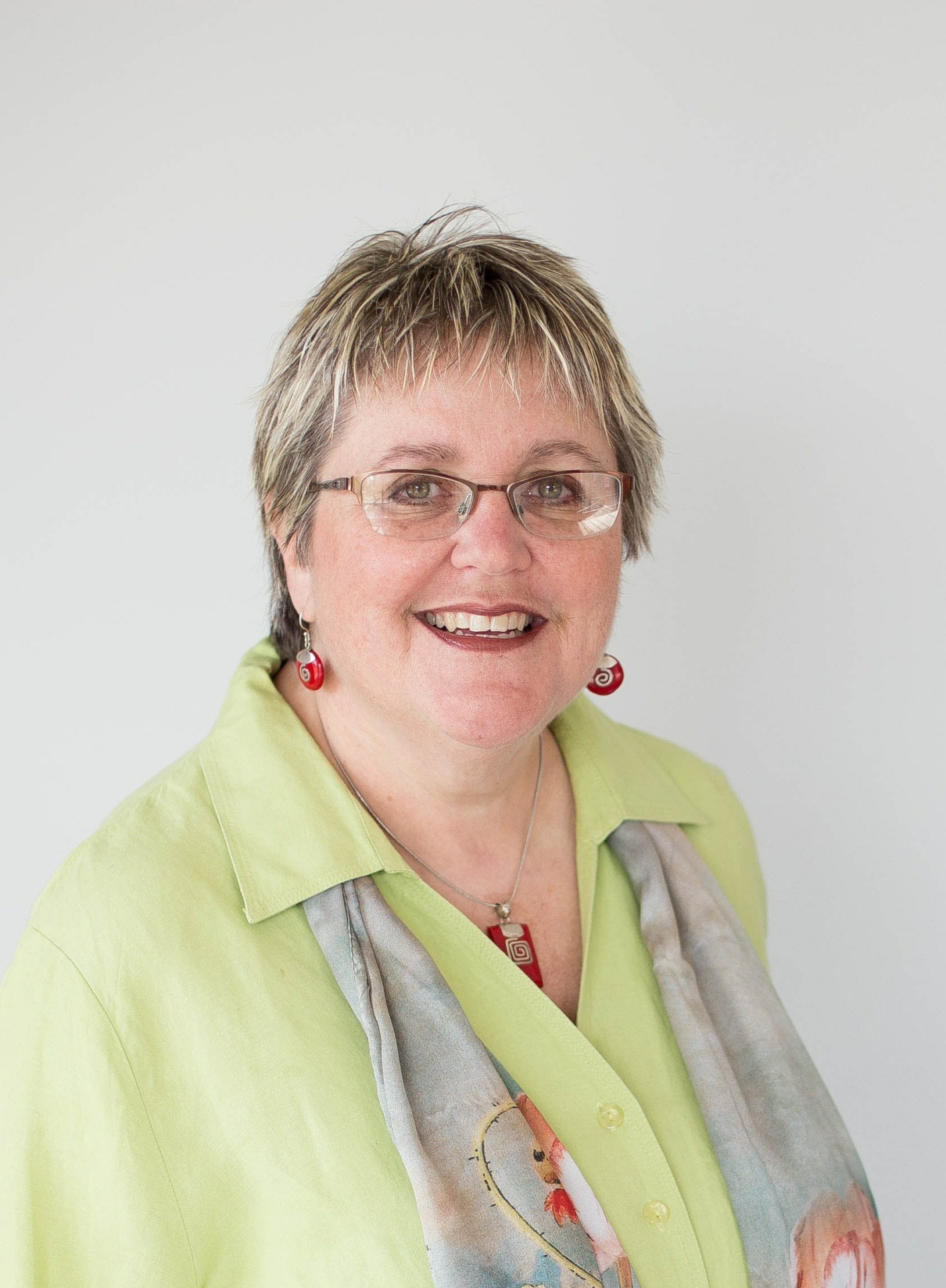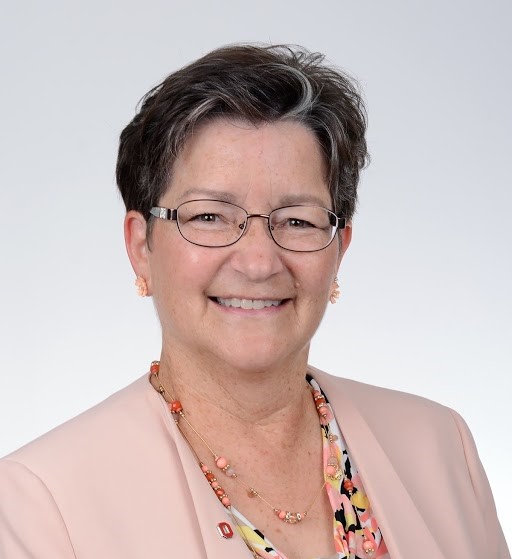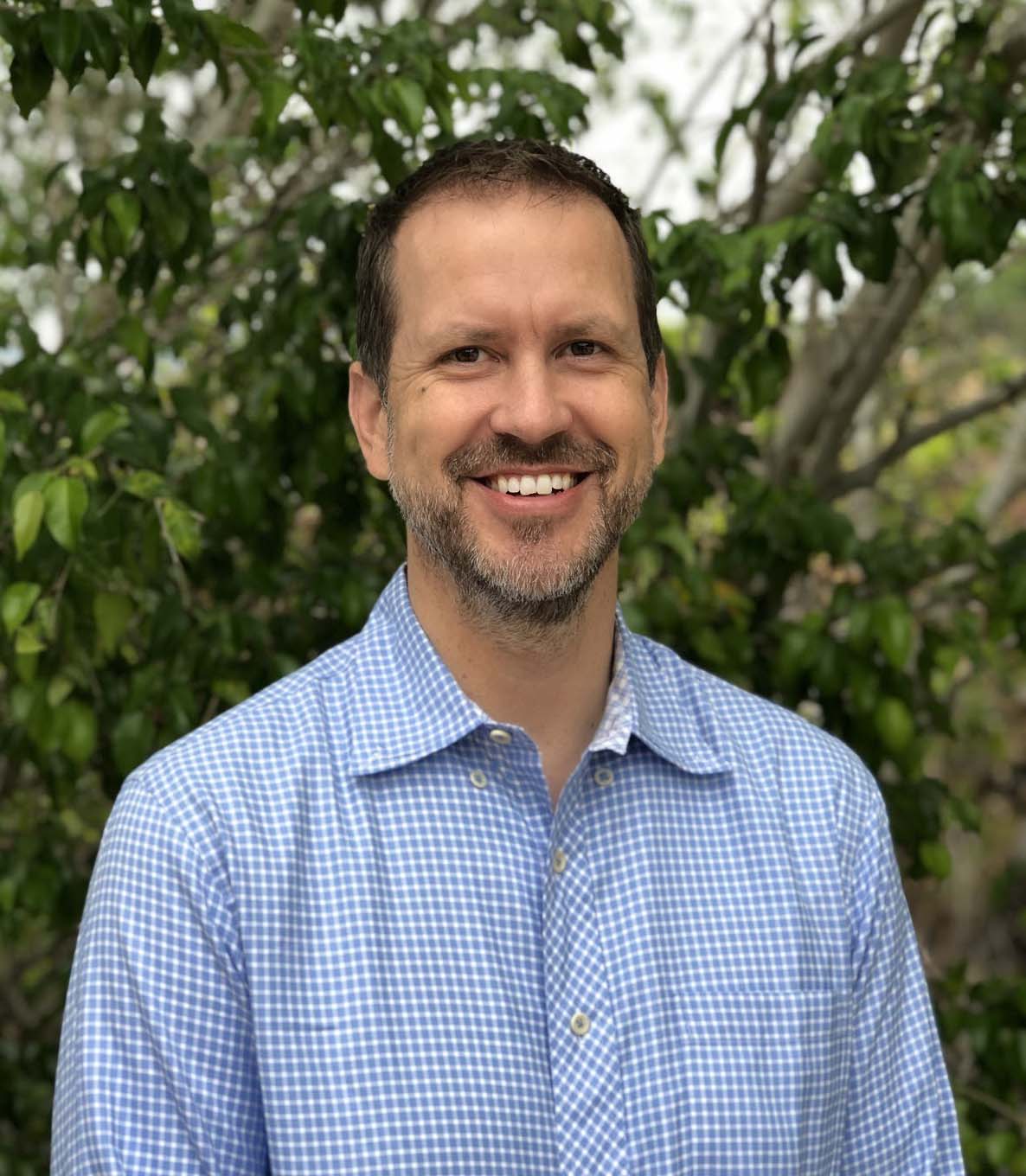In October, we celebrate World Mental Health Day to raise awareness about mental health issues and to increase efforts in support of mental health. EDGE asked EHE faculty to share insight, guidance and encouragement for the university community.

Dr. Darcy Granello
“Recent research finds that 29% of faculty have met criteria for depression within the last year, and 39% have met criteria for anxiety. The same advice we offer our students applies to us, too.
Take time for self-care, model work/life balance, and recognize that there are systems of support available to help faculty who are struggling. One important step to learn how to recognize risk in others, including other faculty, is attending a REACH© Suicide Prevention Gatekeeper Training.”

Dr. Colette Dollarhide
Your personal wellness is built on contributing to the wellness of others, so helping others, being kind, and uplifting others are all ways to build the wellbeing of others, boost your own wellbeing, and build a caring community. Everyone benefits.

Dr. Brett Zyromski
“Foster Hope. Hope is the combination of Waypower (Pathways) and Willpower (Agency). Hope is a protective factor that buffers mental health distress, increases wellness, and is a better predictor of post-secondary success for our students than ACT, SAT, or GPA scores.
Foster hope to increase your, and your family members’, wellness. To foster hope, set goals and share them with others to organize support, build a community of encouragers, and prioritize sleep and healthy habits!”

Dr. Tanya J. Middleton
“Wellness plans should include a holistic self-care evaluation reviewing spiritual, emotional, intellectual, physical, social, environmental, and financial domains.
It would be helpful to explore self-care motivation. That is, recognizing that you can develop and implement a wellness plan, and this is something deserved. Exploring self-care motivation involves the identification of barriers and a strength-based approach designed around personal or collective belonging group values and developing a meaning of self-worth.
A successful plan will also require setting and maintaining boundaries and believing that saying no to others is often saying yes to you.”

Dr. Steven Stone-Sabali
“Whether faculty or students, we are all individuals who endure and can thrive in life’s stressors. Maintain your well-being by routinely practicing activities that enhance your wellness.
Take control of your reactions by practicing mindfulness exercises, use deep breathing or progressive muscle exercises to manage your stress, make healthy social connections with people that satiate your need for belly-laughing and restorative relationships, and relentlessly seek professional help when needed. Overall, keep things in perspective.
Life has various seasons, ebbs and flows, and eras. And we all have pain and sorrow. But if we are wise, we know that there’s always tomorrow.”

